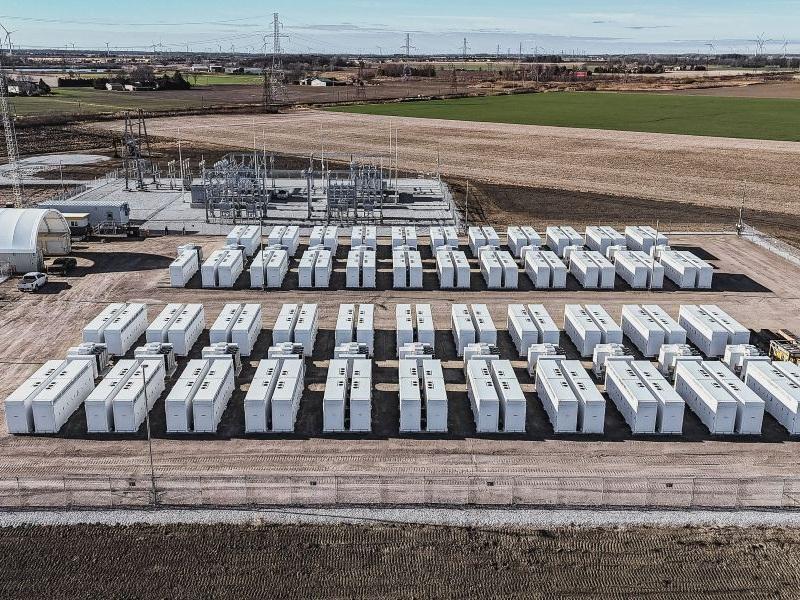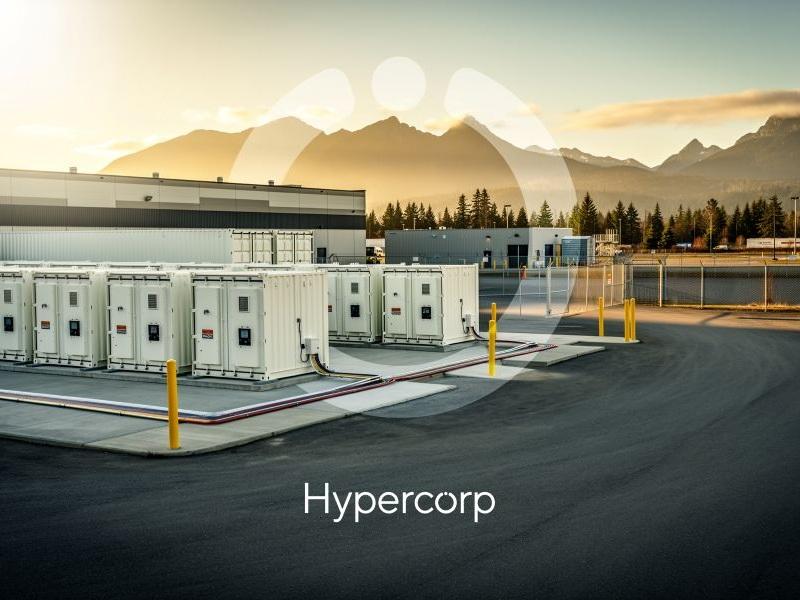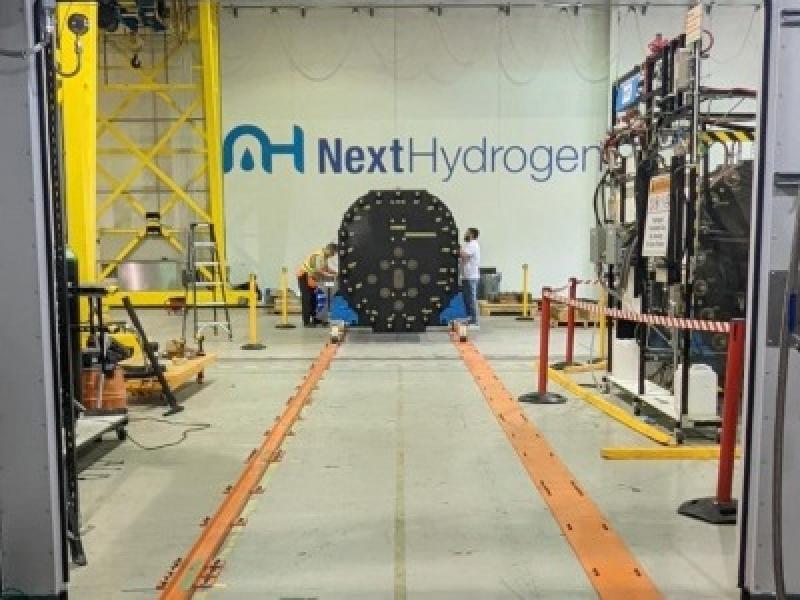
Quebec company GeoLagon Inc. has announced ambitious plans to develop four energy-self-sufficient, carbon-neutral villages and geothermal lagoons in the province for an investment of about $1.85 billion.
The project, known as GeoLAGOON, will be powered by 31 per cent solar energy, 35 per cent shallow geothermal energy, 11 per cent biomass produced from plant waste, and 23 per cent from an insulated sub-tank that stores heat.
GeoLAGOON was inspired by the famous Blue Lagoon tourist attraction in Iceland. Granby, Que.-based LCL Environnement completed a third-party analysis to confirm the villages can be constructed to net-zero standards.
“I started studying and reading about all the possibilities of sustainable models, including every kind of energy. I really was thinking that solar would become a good part of my formula,” Louis Massicotte, GeoLagon’s founder and owner, told SustainableBiz.
“The recipe is now geothermal plus solar, plus a huge tank with hot water in it in the middle of the village, and a little bit of biomass. And what it gives is a self-sufficient village completely working by itself, but we're going to connect to, for example, Hydro-Québec.”
The GeoLagoon project began in 2015 and the company was incorporated in 2019. Massicotte had been the strategist for the Mega Parc indoor amusement park in Quebec City for 17 years. He’s also worked on projects for IMAX, Hôtel Bonne Entente, Village Vacances Valcartier and more.
The GeoLagoon developments
The four villages will be northeast of Montreal in Charlevoix, the Laurentians, the Eastern Townships and the Lanaudière region. The company is unsure which will be completed first, although Massicotte said it will either be Charlevoix or the Laurentians.
The Charlevoix location is estimated to cost $325 million, while the others will cost approximately $500 million apiece. Each is to have private financing of up to $250 million from an undisclosed U.K.-based project finance specialist. GeoLagon will also sell some of the chalets to help finance the project.
The 12,150-square-metre lagoons will use a patented method that incorporates a water-bath model with a sealed and insulated sub-tank that stores heat. In this sub-tank, coils will circulate water from the open pond at a controllable rate, maintaining the water at 38 C – typical Charlevoix temperatures range from -16 C to 20 C.
The lagoons will be available for use from 10 a.m. to 10 p.m., then will be emptied into a covered tank to reduce heat loss and water evaporation.
The heat accumulators will be built under the reservoirs to store 355,000 kilowatt-hours of energy at a temperature of 70 C. The design has been granted a provisional patent.
In February, Paris-based Kyotherm was announced to be financing and constructing the heat production ecosystems at costs of up to $35 million per village. Kyotherm’s portfolio spans 11 countries and nearly 120 sites, including the geothermal heat network serving Disneyland Paris.
A study of the lagoons and the village energy generation network was undertaken by Quebec firm Akonovia.
“Sometimes we use a little bit of kWh (kilowatt-hours), and we can reimburse it on the network,” Massicotte said. “But the target and the goal was to do (a) net-zero village, and that's exactly where we're going.”
The biomass boiler will have a 5,000 kilowatt capacity, which Massicotte said engineers are currently working on.
The permitting process will take 18 to 24 months and his hope is to have one or two villages approved this summer. If successful, he estimates the completion of the first village by Christmas 2025.
Other sustainability features
Toronto-based Mitrex has been selected as the building-integrated photovoltaic supplier.
“We are very happy to integrate the Mitrex product, because the homes are going to produce the electricity for the village,” Massicotte said. “And the heat accumulator in the middle of the village will feed the air conditioning and the heat for every house.”
The exterior walls and roof of each village house will be equipped with solar cladding. According to a release, each square foot of Mitrex material produces between 13 to 18 watts.
The short-term rental villages will consist of two-storey, prefabricated buildings. Massicotte explained the water in the buildings will be recycled in the same way as with the lagoon. It will also capture and recycle rainwater – he expects GeoLagon’s system will reduce the use of new water by 80 per cent.
The chalets are expected to be capable of hosting over 3,000 people.
“People they buy one floor or two floors if they want. They can rent it on any platform, considering our rules and pricing,” Massicotte said.
“The lagoon by itself becomes an independent touristic attraction to demonstrate to everybody that it's possible to create a complex or a district that can work with the energies of the sun and the earth.”
The company has received confirmation from its engineers that it will produce a surplus of electricity – giving it a chance to feed power back to the provincial grid.










